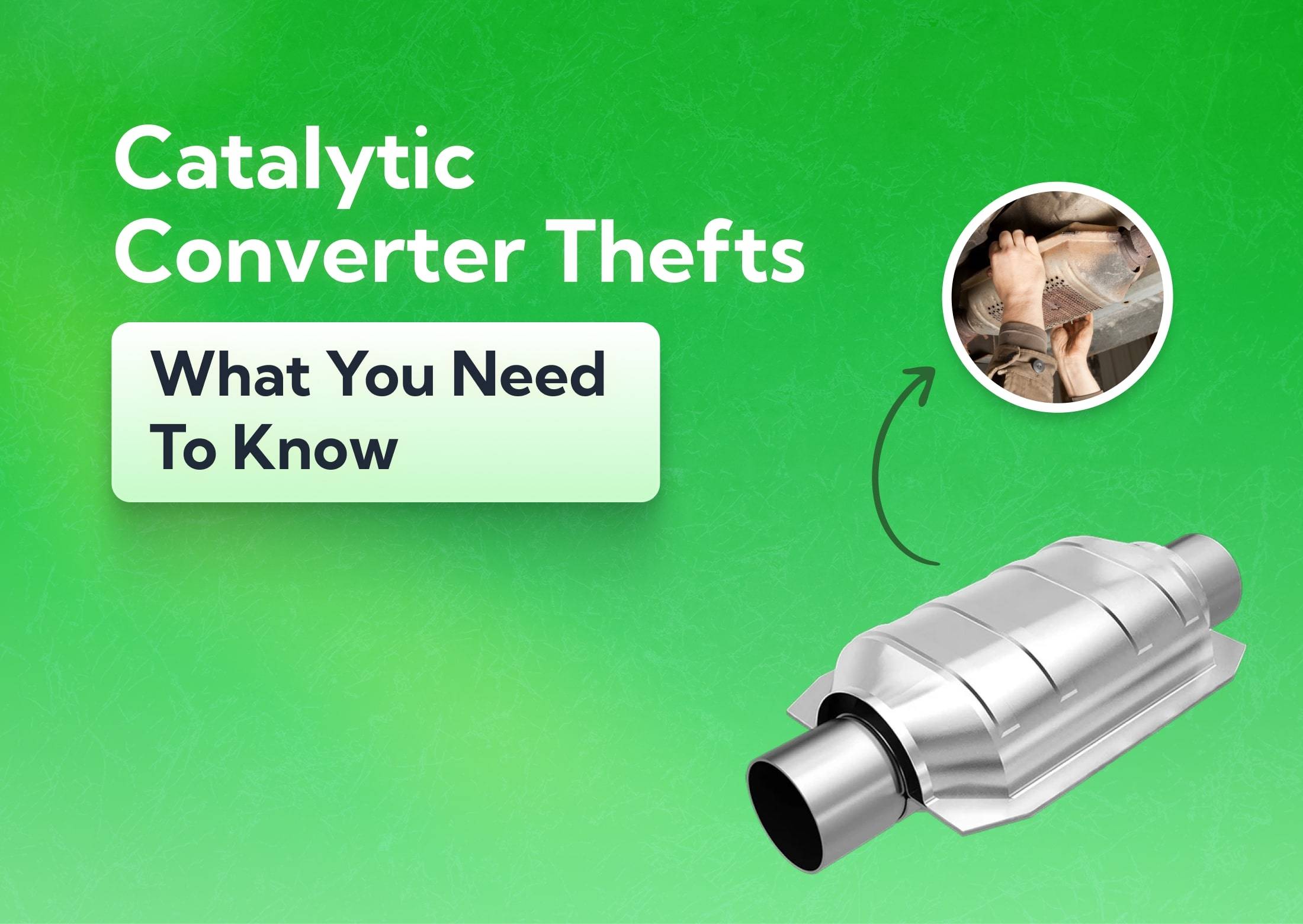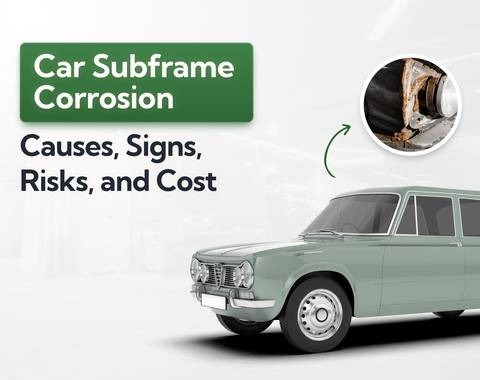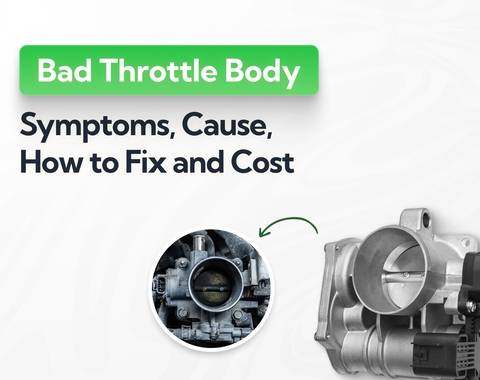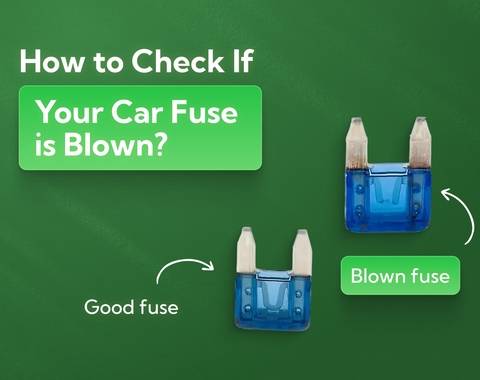Catalytic Converter Thefts in the UK
Catalytic converter thefts are on the rise across the UK and it’s not random. Thieves target vehicles with high ground clearance or valuable metals in their exhaust systems, stripping them in minutes. This guide explains why it’s happening, which cars are most at risk `and how to protect your vehicle.
Last updated: 22nd October, 2025

Award-winning CEO driving growth and social impact across automotive, recycling, and technology-led enterprise platforms.

Listen to this story
Catalytic converter theft isn’t new, but it’s surged dramatically in recent years. From 2013 to 2023, catalytic converter thefts have increased 170%. And certain cars are being hit again and again.
Why? Because converters contain platinum-group metals (PGMs) like platinum, palladium and rhodium, some of which are worth more per gram than gold. Thieves can remove them in minutes without needing to enter the vehicle. SUVs, hybrids and older models with exposed undercarriages are particularly at risk.
In this guide, we’ll explain why these thefts are spiking, how thieves choose their targets and what steps you can take to reduce your risk.
What's in this article
What is a Catalytic Converter?
A catalytic converter is a key component of a car’s exhaust manifold. It acts as a catalyst to remove particulates and harmful emissions by using oxidation reactions to convert toxic gases and pollutants like carbon monoxide and nitrogen oxides into less harmful substances like carbon dioxide and water vapour. This helps cars meet environmental standards, helping to prevent smog and acid rain, resulting in cleaner air.
Why Are Catalytic Converters Stolen?
Catalytic converters are a target for thieves because they contain valuable metals like platinum, palladium, and rhodium. While these metals are meant to regulate and cleanse the exhaust flow, they can also fetch a high price when sold as scrap in the UK, in some cases enabling thieves to receive payments over £100 from just one converter. Plus, the converters can be relatively easy to access, making them quick to steal with only basic tools.
Example of a Chemical Reaction
One common chemical reaction in a catalytic converter involves carbon monoxide (CO), a harmful gas converted into carbon dioxide (CO₂), a less harmful gas. Here's how it works:
- Carbon monoxide (CO) from the car's exhaust reacts with oxygen (O₂) over the surface of the platinum catalyst.
- The catalyst speeds up the reaction without being consumed, turning the toxic carbon monoxide (CO) into carbon dioxide (CO₂).
This reaction helps reduce the toxic emissions released from a vehicle's exhaust system.
The Affect of a Replaced Catalytic Converter on the Scrap Car Value
Catalytic converter theft is an expensive problem not only for a general car or scrap car owner but also for scrap metal dealers and vehicle recyclers like us, who buy the car based on selling the value of precious metal content in a catalytic converter. With every scrap car sold without its original catalytic converter, we stand to lose money given replacement "Aftermarket Cats" contain considerably less precious metal content.
As a consequence at the pointing of scrapping a car, it will likely be a big loss for the vehicle owner since aftermarket catalytic converters are easy to spot, with the scrap car collector likely to reduce their price post inspection. This is fair given they would have lost a valuable component of the scrap car.
In addition in terms of ongoing emissions, the aftermarket replacement may not be as efficient in using the catalytic reaction as the original given its significantly lower precious metal content.
Data Analysis on Catalytic Converter Theft
After analysing scrap car data from various makes and models through our authorised treatment facility over the past 12 months, we found that certain cars—especially the Honda Jazz—have become prime targets out of all salvage cars. But why the Honda Jazz? Our analysis compared vehicles that came in for our “Scrap My Car” service. We compared the scrap and salvage cars with genuine catalytic converters to those with aftermarket replacements. After examining data from scrap car collection the past year, we identified the most popular models with the highest percentage of aftermarket catalytic converters. The Honda Jazz stood far above the rest, with 57% of catalytic converters replaced by aftermarket versions.
Key Findings:
Targeted Models:
Most catalytic converter thieves know that the catalytic converter of Honda Jazz is valuable and too easy to steal, making it a prime target. This knowledge and the high concentration of valuable metals in the Jazz's catalytic converter help send it straight to the top of the list. As a result, the Honda Jazz often has aftermarket catalytic converters due to frequent theft, followed by models like the Toyota Aygo (35%), Volkswagen Beetle (31%), and Peugeot 107 (31%).
What the experts say

Anthony Sharkey
Why is the Honda Jazz a target for the Catalytic Converter Theft?
1. Advanced Engine Technology for Its Class
Honda has formulated a three way catalytic converter for the Jazz, which meets rigorous emission rules, primarily in urban markets such as Europe. The Honda Jazz is a small car with big capacities: Honda's i-VTEC (Intelligent Variable Valve Timing and Lift Electronic Control) engine technology optimizes valve timing to enhance performance, efficiency, and emission control.
For its size, the Jazz's engine is a step ahead of most of its competitors, which often employ simpler designs. The consequence is the need for a catalytic converter enriched with precious metals, which will support strong engine performance and meet emission standards. Many other competing subcompact cars, such as the Toyota Yaris or Nissan Micra, have much simpler engines that do not need such pricey catalytic converters.
Unfortunately, these are the very qualities that attract thieves who will sell these valuable catalytic converters individually to scrap metal dealers, resulting in the hassle of replacing the original with an "Aftermarket Cat" and making it difficult for you to get paid a great price when you sell your car.
2. Accessibility of the Catalytic Converter
The Jazz’s catalytic converter is also easy to reach under the car, making it quick for thieves to cut and remove with basic tools. Unlike some larger vehicles, where the front three way catalytic converter may be shielded or less accessible, the Jazz’s design allows for easy access. This, combined with the valuable materials it contains, increases the likelihood of theft.
3. High Scrap Value vs. Car Value
The catalytic converter value in a Honda Jazz can sometimes exceed the resale value of the car itself, making it a particularly tempting target. Many owners find that replacing a stolen genuine converter is too costly, so they may either turn to aftermarket replacements that are significantly cheaper to buy or if uneconomical to repair, even decide to sell their car for scrap value. If you do decide to sell your car for scrap, remember that an authorised treatment facility (ATF) or a proper car buying service, you should be offered a different payment method such as bank transfer or cheque.
4. Public Awareness Among Thieves
The catalytic converter thieves are aware that the catalytic converter of Honda Jazz contains an excellent amount of valuable metals, therefore making it the perfect target. This awareness makes the Jazz even more vulnerable, as experienced thieves know they can quickly collect and sell scrap metal from the converter for a premium price.
How to Prevent Catalytic Converter Theft?
Even though it cannot be completely prevented, car owners can do a lot to reduce the risk of catalytic converter theft. Here are some of the best methods:
1. Installing an Anti-Theft Device
Anti-theft devices can make it more difficult for thieves to take out the converter from the scrap car quickly. This extra time can discourage opportunistic thieves.
- Catalytic Converter Shields: Metal plates are installed under the car to cover the catalytic converter, making it harder to access and remove.
- Catalytic Converter Locks: They are heavy-duty cables that secure the converter to the car's frame, adding an extra layer of security.
- Cages or Clamps: Steel cages or clamps are wrapped around the converter, adding significant difficulty and time for thieves trying to steal it.
2. Park Strategically
Whenever possible, park in a well-lit area with high foot traffic, or ideally in a secure garage. If parking in a driveway, position the car near a wall or close to other vehicles to limit access to the underside.
3. Engrave the VIN Number on the Converter
By engraving your car's VIN (vehicle identification number) into the catalytic converter, its location and traceability becomes more obvious, thereby less attractive for thieves. Currently, garages may offer this free of charge to the owner, creating an added security measure.
4. Install Motion-Sensitive Alarms
Installing a motion-sensitive alarm will alert you if someone tries to tamper with your vehicle. Even better, some alarms will send you mobile phone alert when the alarm is set off so you can respond in real-time.
Conclusion
Catalytic converter theft is a growing concern, especially for owners of targeted vehicles like the Honda Jazz. While preventative measures can reduce the risk, many car owners are dealing with the aftermath. If your vehicle is no longer roadworthy or has suffered from catalytic converter theft, Car.co.uk offers a hassle-free solution. We provide instant quotes, multiple payment methods, and a convenient scrap car collection service to help you get the best value for your vehicle. Visit Car.co.uk to learn more about how we can assist you.
About Car.co.uk

Share on
Latest news & blogs










